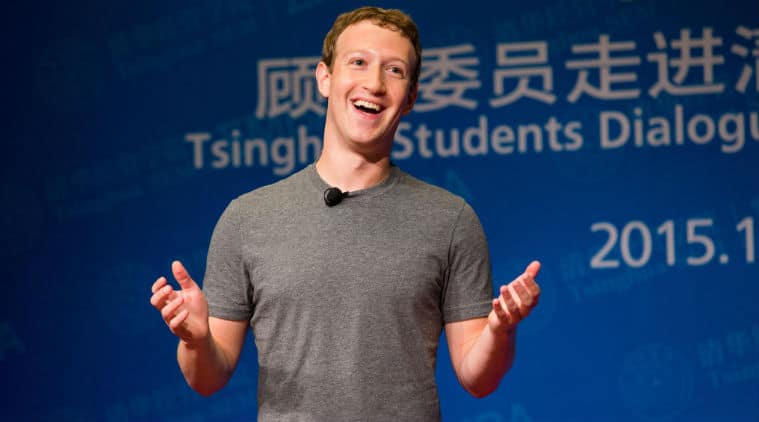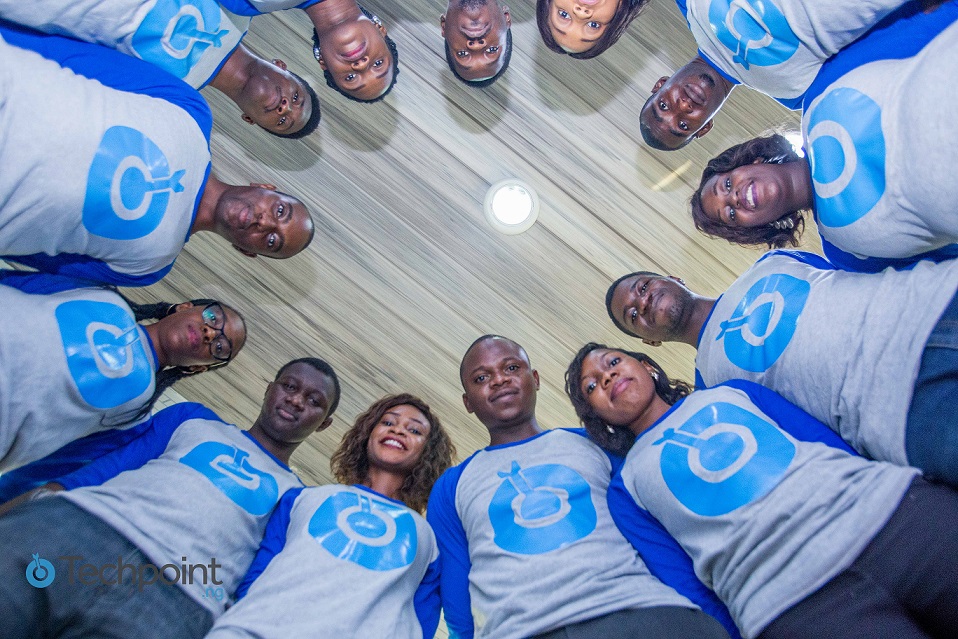Do you feel that using a .com.ng domain or a .ng domain will make your website seem local? Do you still feel that a successful Internet company can be built by copying any interesting foreign concept and replicating it?
If your answer is "yes" to any of the above, then you are suffering from copy-copy syndrome (I hope this catches on and becomes a thing).
So what is the copy copy syndrome?
This is when you replicate a foreign idea from another culture or geographic region without modifications. In this context, idea refers to the complete concept, business model, revenue model etc.
I recently read a couple of things that got me thinking and prompted me to write this article. One of them is an interview on Techpoint where Lexi Novitske of Singularity Investments said some very Interesting things that hold so true, but the part I want to point out is this
“A lot of entrepreneurs starting businesses here don’t necessarily have a global perspective. So, they don’t really understand how a lot of business models that they try to replicate have worked in global markets. I’d like to see more creative business models rather than just replicating old ones. “
Another one is Ola Brown’s series of tweets about Nigerian entrepreneurs thinking their apps will work like Silicon Valley. That also caused a deep pain in my heart and fuelled the sadness I was already feeling.
1. Amazing how many Nigerian tech entrepreneurs that still think their businesses will work exactly like their silicon valley equivalents
— Dr Ola Brown (@NaijaFlyingDr) September 25, 2017
It is really sad that our pursuit of the Western ideology and culture has stopped us from seeing the beauty in our own and hence impeded our growth.
Sometimes I feel we are going through an identity crisis. We are so focused on trying to emulate the foreign way of doing things that we forget everything has to go through stages. There was a time when some of the countries we are trying to imitate had to pass through their own growth phase and they did with distinction (obviously).

Be the smartest in the room
Give it a try, you can unsubscribe anytime. Privacy Policy.
What we fail to realise is that there is a strength in embracing who we are and, in the acceptance, most of the countries are far ahead of us. Realising this helps us grow at our own pace and it also helps us focus on solving our own little archaic problems. I will illustrate this with an example.
The Chinese example
It is no secret that the Chinese culture plays a huge role in how business is done in China. According to CNN, some of the things you have to do to be successful in China as a business are "face" and taking a market-based approach.
"Face" refers to how you are perceived by the population. You can gain face by showing sensitivity to their culture -- as shown by Zuckerberg when he gave a 20-minute speech in Chinese or by a plethora of other CEO’s that are starting to learn Chinese as a second language -- or you can loose face by not.

While the taking market-based approach is evident in how Starbucks and McDonald's have adapted in china by including green tea and chicken wings on their menu’s respectively. This suggests that the population has a strong affinity for what is theirs (a concept a lot of our businesses need to adopt).
Another impressive example is how the Chinese tech industry has adapted something truly impressive with their approach to referring to Internet resources such as emails and websites by numbers. For example China’s Jindong mall whose website address is jd.com can also be accessed at 3.cn (pretty dope right?).
Lastly, Chinese businesses have been known to be copycats, imitating foreign goods and producing them at an even cheaper rate. China isn’t really known for innovation, they are known to be more adept at solving already existing problems. A fact that is evident if you look at the top tech companies in China (Tencent, Baidu, Xiaomi, Wechat even Alibaba etc).
But what is truly impressive is that although they borrow these ideas, the machinery that run these ideas are truly innovative. They have adopted successful business models that fit their economy and have produced methods of improving on the borrowed products.
For example, WeChat is the first company to market a platformised app, the idea being that you do not need to leave the app to perform other activities on other apps. This platformisation has provided opportunities to monetise ranging from e-commerce, payments and many more. These models have been said to be unique to China and as such have been difficult to duplicate anywhere else in the world.
So how does the copy mentality affect us?
There is no doubt we have the talent in this country. I mean, the amount of self-taught developers I know that can do some pretty amazing things (other than your regular run-of-the-mill apps and websites) is staggering. The drive of our entrepreneurs, the hustle mentality we have deeply entrenched inside us, the intelligence. All of these suggest that we have the right ingredients. But something seems to be missing, something still holds us back and refuses to let us be more. The copycat mentality affects us in the following ways:
Lack of great ideas
Your ideas are a summation of your experiences. It is rare for you to have a good idea about what you have not truly experienced. Ideas mostly come from what you have been exposed to. For example, you cannot build businesses that effectively cater to makeup artists if you do not know how to make someone up (except you talk to someone that does of course, but do we really want to consult on our own identity?). Imitating others blocks you from seeing the obvious problems that need solutions.
Wrong Business models
What works for A does not work for B. A lot of the business models that work in foreign countries do not work here and the sooner we realise that, the better. I see a lot of local websites, imitating monetisation models like advertising and paid memberships, when they could easily have made more money with freebies and an alternative means of monetising.
For example, I don’t believe a fully internet-based business model can be truly efficient here for most cases that deal with physical goods or services. Internet is still expensive and a lot of people still do not trust online transactions.
I’d like to see more of a tech-enabled business approach than an entirely tech-based business. Our culture still believes more strongly in face-to-face than in what you do not see. I would like to see an eCommerce company in Nigeria organise a trade fair or a classified website like Jiji, organise a yard sale that brings all their sellers to one physical place where customers can come and buy physically (come down and meet the peasants, leave your high horse for a moment).
Less impact or reach
I recently checked the website of the top Nigerian Internet businesses and I noticed that none of them actually have a language other than English. What happened to our local languages? One might think it doesn’t really matter because majority of Internet users are supposed to be educated right?
According to Google, Yoruba has 28 million native speakers, while Igbo has 25 million and Hausa 35 million. Those are a lot of potential users who cannot use our local product because they cannot read what is required of them.
I know older women and even men that can call their children without the aid of anyone, some can even use WhatsApp. Learning how to use these devices doesn’t have anything to do with language or education, it's simply about learning steps. Steps like when I want to send a text, what do I do first and then what next etc. A lot of UX nowadays is designed to reduce typing and encourage touch. Wouldn’t life be so much easier if there were clear instructions on how to use and those instructions where in a language the person could understand?
In conclusion (the way forward)
China is the most populated country in the world and its no secret that they mostly make products with just their country in mind, mainly because they have the population to support this and make enough profit. The rest of the world just uses what was made to serve their own people. Nigeria also holds this position as far as Africa is concerned. We are the most populous black nation on earth and the country with the largest population in Africa. The truth is even foreigners seem to see the potential more than we do. We need to start leveraging this position.
I believe the key moving our tech industry forward is by changing our point of view, our way of thinking. We need to take a localised approach to everything. We need a localised approach to problem solving, to developing our business models, to building our online presence and even to developing our brands.
We need an approach that people can relate to and know that this is African. It doesn’t diminish our image in anyway and it sure doesn’t make the rest of the world not use our product, in fact it kind of gives it an exotic feel.
About the Author
Doyin Olarewaju is a freelance full-stack developer and all-round tech enthusiast. Business Development and Soccer (devout Man Utd. fan) are things I love, because they both involve strategy. Follow me @OlarewajuDoyin.
























